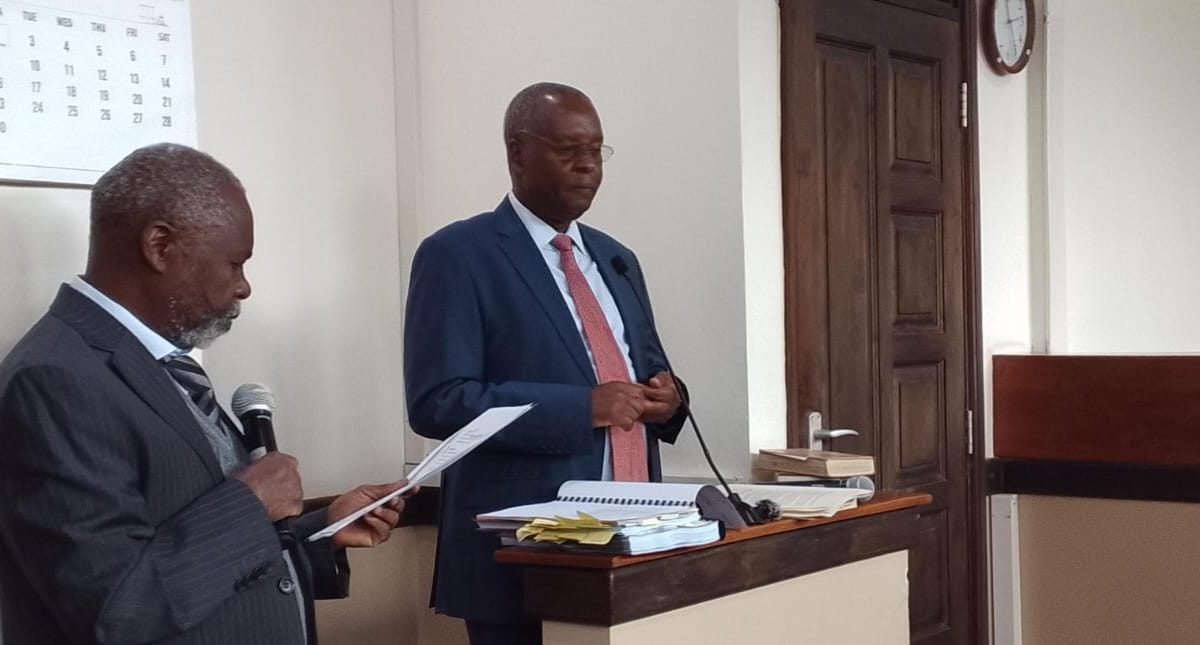In contrast, Raila Odinga’s Orange Democratic Movement (ODM) enjoys relatively higher favourability. Despite forming part of the broad-based government alongside UDA following last year’s Gen Z protests, ODM remains one of the opposition parties that attracts a more positive public perception.
The findings mirror a wider global trend: in many countries, governing parties are broadly unpopular. However, there are notable exceptions. In four countries, at least six in ten adults hold favourable views of their ruling party: Indonesia (80%), Mexico (78%), India (76%), and South Africa (63%).
Six other countries also record relatively positive ratings for their governing parties: Germany (57%), Australia (55%), Canada (53%), Sweden (52%), Israel (49%), and Argentina (48%).
By contrast, ruling parties in Brazil, Greece, Hungary, Poland, Spain, Turkey, and the United States are viewed negatively by most citizens. Still, in these cases, the governing party is either the most popular political force nationally or tied with a rival.
According to Pew’s research, which this spring surveyed 101 political parties across 24 countries, only a minority of parties enjoy majority favourability. In fact, just 16 of the 101 parties surveyed (around 16 per cent) are seen positively by a majority of adults in their respective countries.
While many publics view at least one political party favourably, only 15 of the 24 countries surveyed had at least one party receiving a majority positive rating.
Notably, favourability for some governing parties has improved since 2024. Germany’s Social Democratic Party and South Africa’s African National Congress each gained 18 percentage points; Canada’s Liberal Party rose by 15 points; and Nigeria’s All Progressives Congress (APC) gained 6 points. With the exception of Nigeria, each of these countries held general elections during this period.
However, ruling parties in Kenya and Poland have both lost 14 points in favourability since last year. Declines were also recorded in the Netherlands (-12 points) and Greece (-11 points).
Meanwhile, Mexico’s Morena party stands at a near-record high of 78 per cent approval, while Japan’s Liberal Democratic Party has slumped to a near-record low of 26 per cent.
Interestingly, in Kenya, Nigeria, and Sweden, the main opposition parties are viewed more favourably than the ruling parties, a reversal of the pattern seen in much of the world.
[/full]





